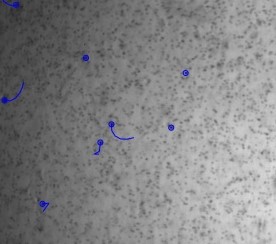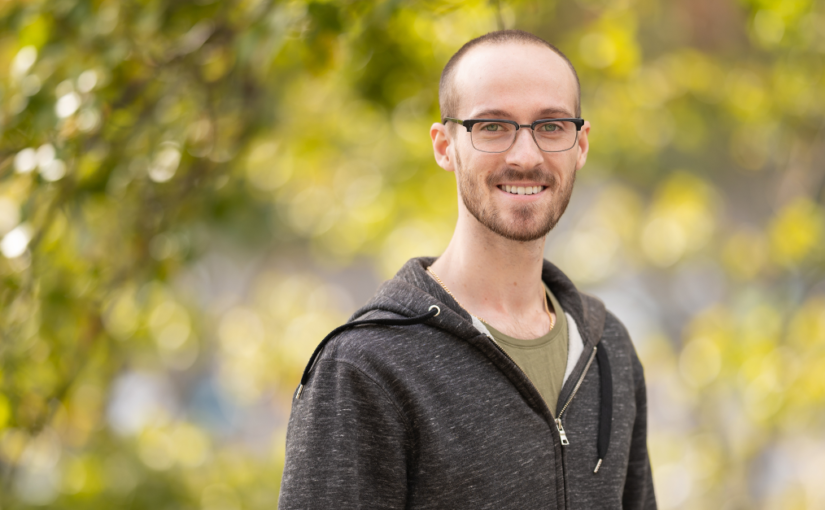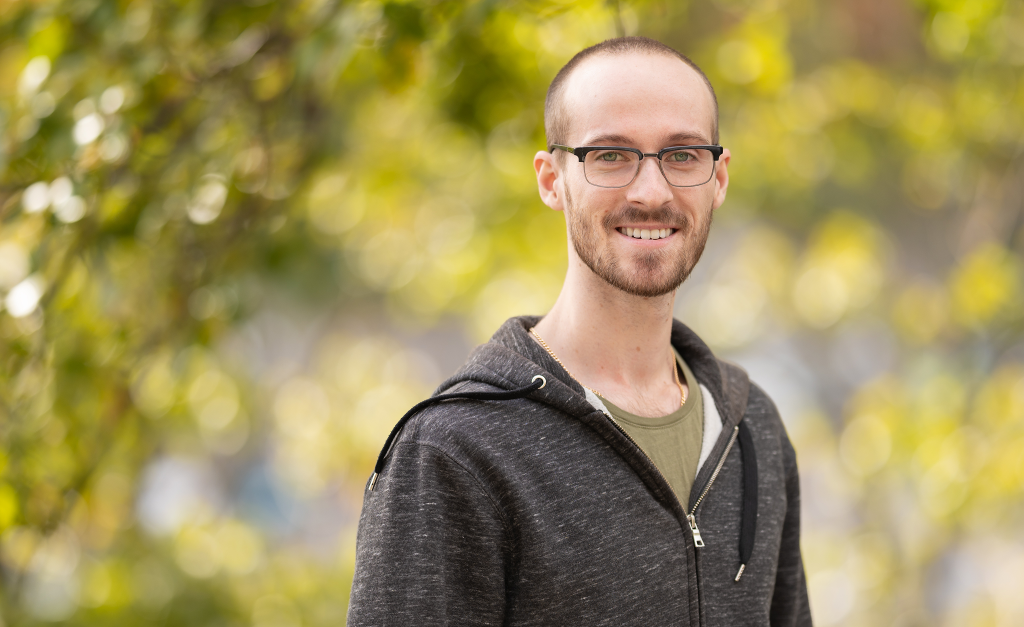Agaton Fransson defended his Master thesis in MPCAS at the Chalmers University of Technology on 4 June 2021. Congrats!

Softwares to track particles often use algorithmic approaches to detect particles and to create tracks using the found positions, requiring human fine-tuning of parameters to achieve sought-for results. This can be time consuming and difficult, while also creating opportunities for human error and bias. With the developments of computational power and machine learning techniques such as deep learning, data driven approaches have made their way into many fields of science. Barriers preventing advances of such methods are the lack of available training data within a field and the level of proficiency required to create custom machine learning solutions. DeepTrack 2.0 is a software providing us with means to simulate digital microscopy images, build and train neural networks such as U-nets. In this paper DeepTrack 2.0 is utilized and built on to fit the needs of marine biologists when tracking plankton. Here I show that DeepTrack 2.0 provides us with the tools necessary to detect and track different types of plankton filmed in a variety of conditions with performance on par with and with the potential to outperform conventional tracking softwares. I also show that for plankton in a messy environment moving uniformly a network trained to detect motion rather than a shape proves more successful. These results demonstrate the versatility of deep learning methods and the potential of training networks on simulations for applications on real data, as is the case for marine biologists studying plankton. They also show the impact the structure of the training data has on the nature of the network.
Name of the master programme: MPCAS – Complex Adaptive Systems
Supervisor: Giovanni Volpe, Daniel Midtvedt
Examiner: Giovanni Volpe, Department of Physics, University of Gothenburg
Opponent: Kevin Rylander
Place: Online via Zoom
Time: 4 June, 2021, 15:00

